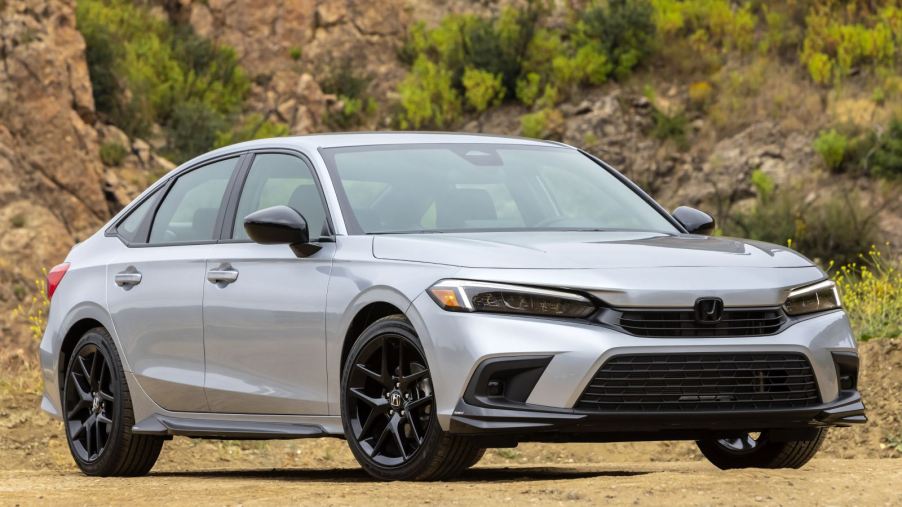
Keeping up with vehicle maintenance is one of the most important aspects of ownership. However, this topic goes beyond ensuring the car starts when you’re ready to drive. In particular, it’s essential to change your brakes before they get too worn. Luckily, there are driving habits people behind the wheel can avoid to make sure their brakes go the distance. Still, car brake pads only last so long, even with perfect driving.
How often should you change your brakes?
Like all vehicle parts, your brake pads won’t last forever. According to Brakes To Go, you must typically change your car brake pads between 20,000 and 70,000 miles. However, they have been known to last up to 100,000 miles in some circumstances. Still, most people visit auto mechanics to get new brakes around the 40,000-mile mark.
People can often tell when they need to change their brakes by monitoring how well the vehicle stops. However, there are some early signs that they may have become worn out. If you notice that the brake pedal has less resistance, there’s a chance the brakes are going out. The same is true if it vibrates.
Your vehicle pulling to one side is also a sign you need to change your brakes. Additionally, high-pitched noises when you engage the brakes are a clear signal. If you let your brakes get really bad, there could also be a metal-on-metal grinding sound.
Braking too late
One reason you may need to change your brakes early is waiting too long to engage them. This is the case because, in many cases, this involves putting more strain on the brake pads to stop in time. While doing this in emergencies isn’t the end of the world, drivers should avoid this practice as much as possible.
People behind the wheel should also remember that the faster you drive, the longer your stopping distance will be. This means that if you’re traveling at a high rate of speed, you’ll need to start braking sooner.
Driving fast
Driving fast is another reason you may need to change your brakes early. This is the case for a couple of reasons. For starters, stopping when you’re traveling fast requires more friction, which puts more stress on the brakes. The longer stopping distance also wears out your brake pads. Of course, some of the added stress from driving fast can be alleviated by slowing down gradually and not waiting too late to engage the brakes.
Overloading your car can cause the need to change your brakes too soon
Overloading your car can also cause your brakes to go out before they’re supposed to. This happens because the more weight you add to a vehicle, the harder the brakes have to work to stop. Car owners can check their vehicle manuals to see how much weight their car can carry.
For more reading, check out our article on how overloading your vehicle causes damage.



